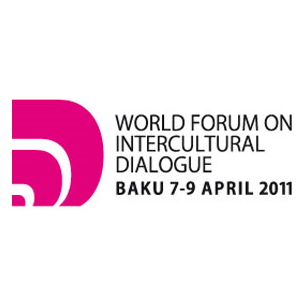When the American administration sought international support for the toppling of the Taliban in Afghanistan, it did so on a ‘Women’s Ticket’: to restore women’s rights. In Iraq, the transitional government pushed the women’s agenda dramatically, knowing the international spotlight was upon them. Now, years after the American-led interventions, women have become not the symbol of freedom, but the target of terror. Educated women in particular are in the firing line. Besides political violence, women are facing new levels of trafficking, prostitution, rape, and domestic violence. Female parliamentarians increasingly have become targets. In order to take stand against these crimes against women and encourage Iranian and Afghanistani women to break their silence and demand equal rights, Women without Borders (WwB) hosted a November 2006 dialogue in Vienna to shed light on the dire situation of women in the aftermath of the interventions in each country. In partnership with SWI, the Austrian Foundation for World Population and International Cooperation, WwB aimed to bring the struggles of these women to an international audience. Two representatives of the young educated generation in Iraq and Afghanistan respectively, Daliya Shawkat and Homa Mohammend-Zarif, spoke about their lives and the restrictions on freedom of movement and barriers to female empowerment they face daily.
Speakers:
Ulrike Lunacek, member of the National Council, Austrian Green Party foreign affairs spokesperson, co-president of the European Green Party.
Dr. Rajaa al-Khuzai, Baghdad – president of the National Council for Women, Member of the Transitional Government, president of the Iraqi Widows Organisation, doctor and activist
Saliha Mehrezad, Kabul – parliamentarian in Kabul, Director of the WwB Women’s Center in Nimruz
Homa Mohammend-Zarif
Daliya Shawkat
Moderator:
Dr. Edit Schlaffer, Founder and Executive Director of Women without Borders


